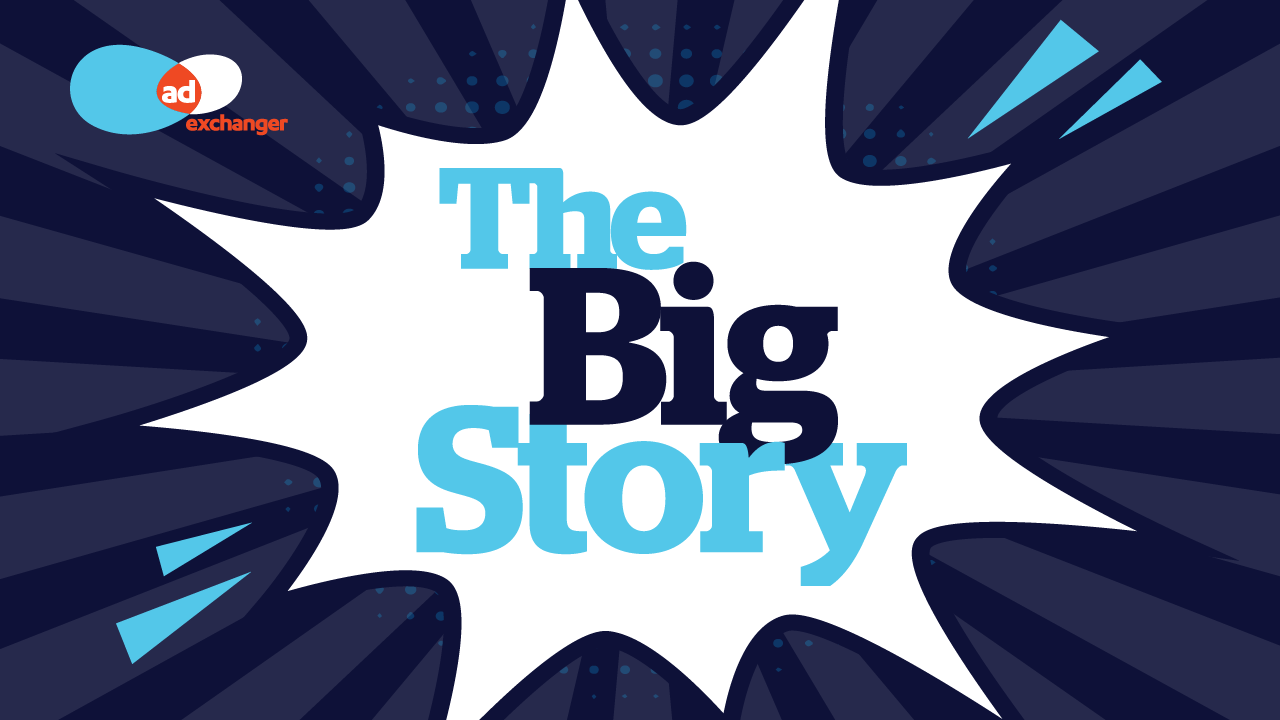
The Big Story is a breezy podcast featuring a roundtable of AdExchanger editors talking about the biggest stories from the past week. It is available wherever you subscribe to podcasts.
While we hate to be the bearers of bad news as the holiday season nears, the supply-side tech provider OpenX closed out the year with a round of layoffs.
Nearly 100 employees, from engineering to account management, lost their jobs Tuesday as the vendor decided to offshore engineering to Krakow, Poland, where the talent pool is deep and the salary requirements are much cheaper.
OpenX claims the move is part of a companywide effort to home in on video. But as the AdExchanger team discusses this week on “The Big Story,” the pivot to video presents its own problems. Namely, how are you gonna get the inventory?
Sarah Sluis, who wrote about OpenX’s big shift, looks at the challenging road ahead for the company, as well as OpenX’s peers, which have made similar transformations as supply-side ad tech becomes more constrained.
In fact, the entire supply-side ecosystem seems to face some major headwinds, with companies such as Sovrn, which laid off 14% of its workforce in 2017, looking for new revenue opportunities. And Yieldbot, which also went through its own 2017 turmoil, quietly closed up shop last week.
One of the biggest reasons for all these pivots is Google, which hoovers up digital ad spend like literally no one else. And Google had a very big year in 2017 – despite the public outcry about Facebook and the emergence of Amazon Advertising and AT&T’s Xandr.
Arguably, Google’s most consequential decision happened in April, when it planned to limit the use of the DoubleClick ID. Publicly, Google cited pressures from GDPR – and while that’s a valid concern, industry insiders wondered whether that was just smokescreen so Google could enact the restrictions it always wanted.
Regardless of its motivation, however, Google’s April decision has far reaching consequences that will reverberate throughout 2019.
That’s because, as James Hercher points out this week, while its new DoubleClick ID policy was announced in early 2018, it won’t be actually enforced until … right about now. Marketers, when they first heard about the change, panicked and demanded that Google at least let them complete their holiday campaigns.
Well, the holidays are here, and change is on the horizon for 2019.
Listen in so you know what to expect.
This post was syndicated from Ad Exchanger.


More Stories
Netflix Sets Up Killer You Marketing Activation With Penn Badgley
5 Ways Brands Can Weather a Tariff Storm as Consumer Spending Shifts Toward Value
Creativity shines